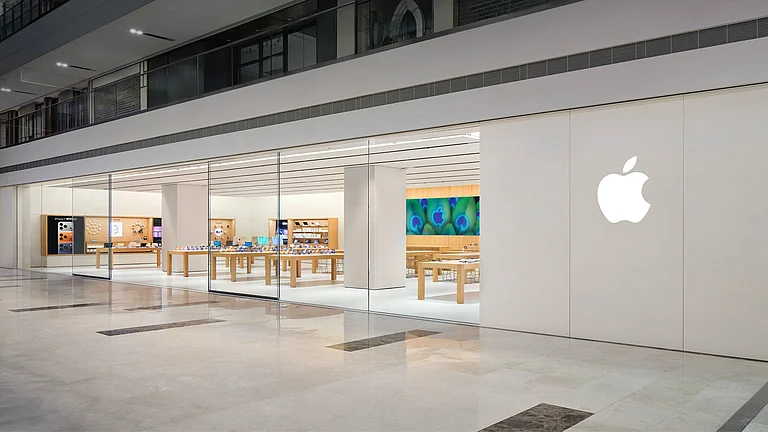Around 46 per cent buyers from quick commerce have reduced buying from kirana shops as per a report released by data platform Datum Intelligence.
Further, more than 80 per cent of buyers have shifted at least 25 per cent of their kirana purchases to quick commerce platforms, adds the report. To add to it, around $1.28 billion of kirana sales is expected to shift to quick commerce, the report reads.
This is happening at a time when the conversation about the impact of quick commerce platforms on kirana stores has been increasing. The Confederation of All India Traders (CAIT) has also released a white paper where the body highlighted that these quick commerce platforms have been eating up the share of kiranas.
The report released by Datum Intelligence also points out that usage of quick commerce platforms is no longer confined to only unplanned or top-up purchases. It says that around 53 per cent of buyers "place more than 5 orders monthly on quick commerce".
So, what makes quick commerce so likable? Factors that act in its favour include less delivery time and higher SKUs as compared to kiranas. Quick commerce platforms have a SKU of around 10,000 curated by items/brands in each category.
Further, by removing several intermediaries these platforms can offer more discounts to consumers than traditional retail stores. For example, a Tresemme Kertain Shampoo of 500 ml, costs Rs 850 in traditional retail stores. While it costs Rs 530 at a 37 per cent discount on Instamart.74% of kirana store
"As long as delivery costs are lower than savings from the channel consolidation, quick commerce can offer prices lower than traditional retail," adds the report.
To simplify, a traditional retail store has to go through a producer, distributor, wholesaler, retailer and then consumer. While a good that is sold via a quick commerce platform has to go through producer, quick commerce platforms and then consumers, adds the report.
The increasing demand of quick commerce platforms has also increased the sell of FMCG products on these platforms. For Dabur Beverages, the revenue it received from these platforms is 30 per cent. While for HUL-Ice Cream, it is 10 per cent.
Amid the increasing competition, 74 per cent of kirana stores have mentioned that quick commerce platforms are a threat to them in the long term. It will be interesting to say how the landscape changes with quick commerce becoming a personal favourite for most users.































